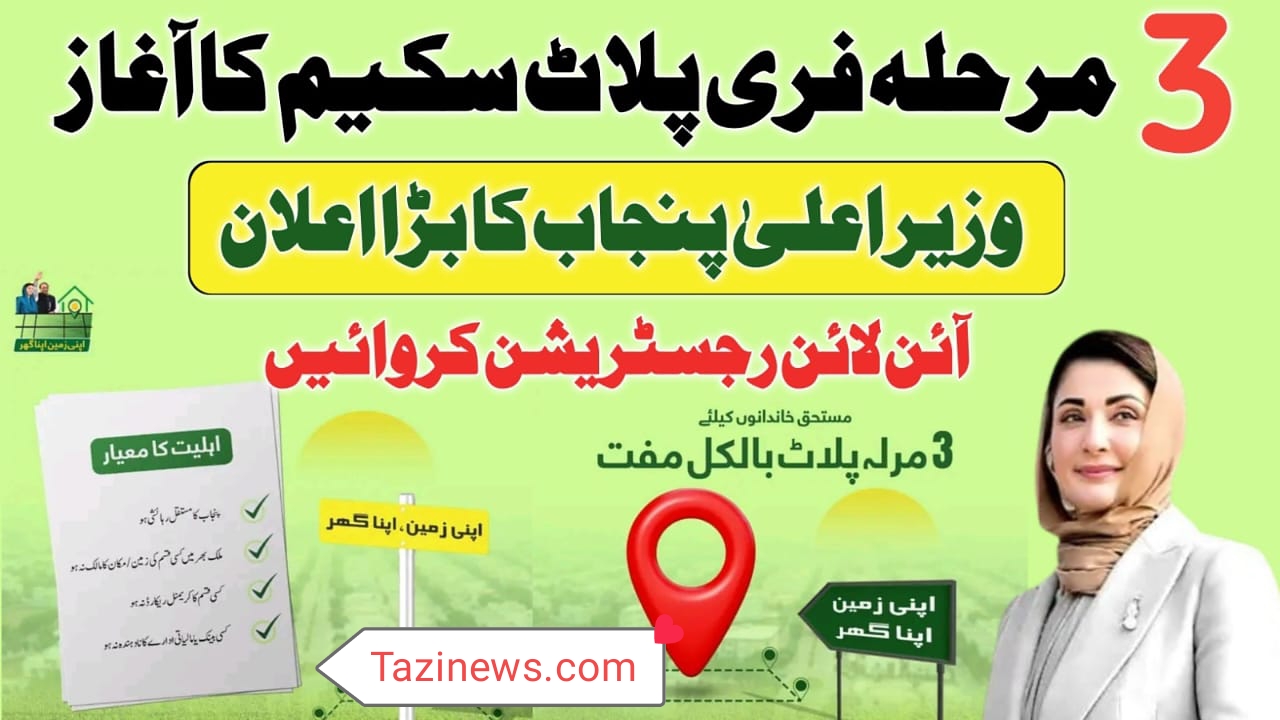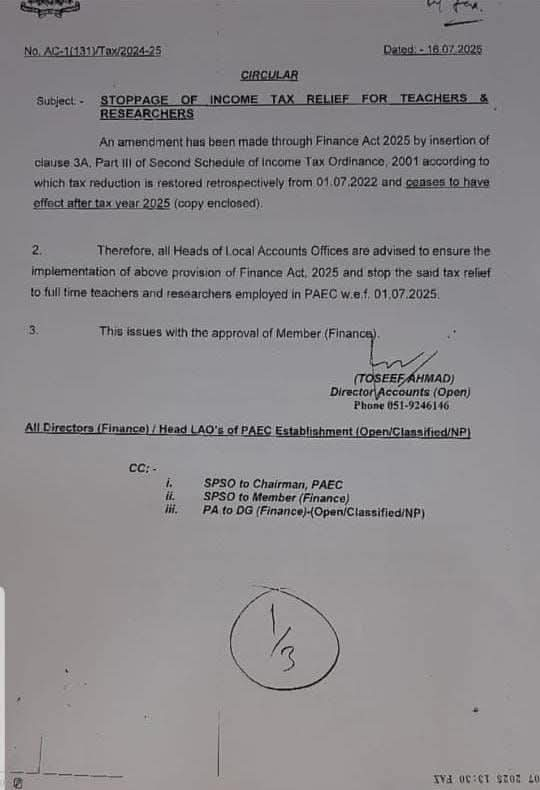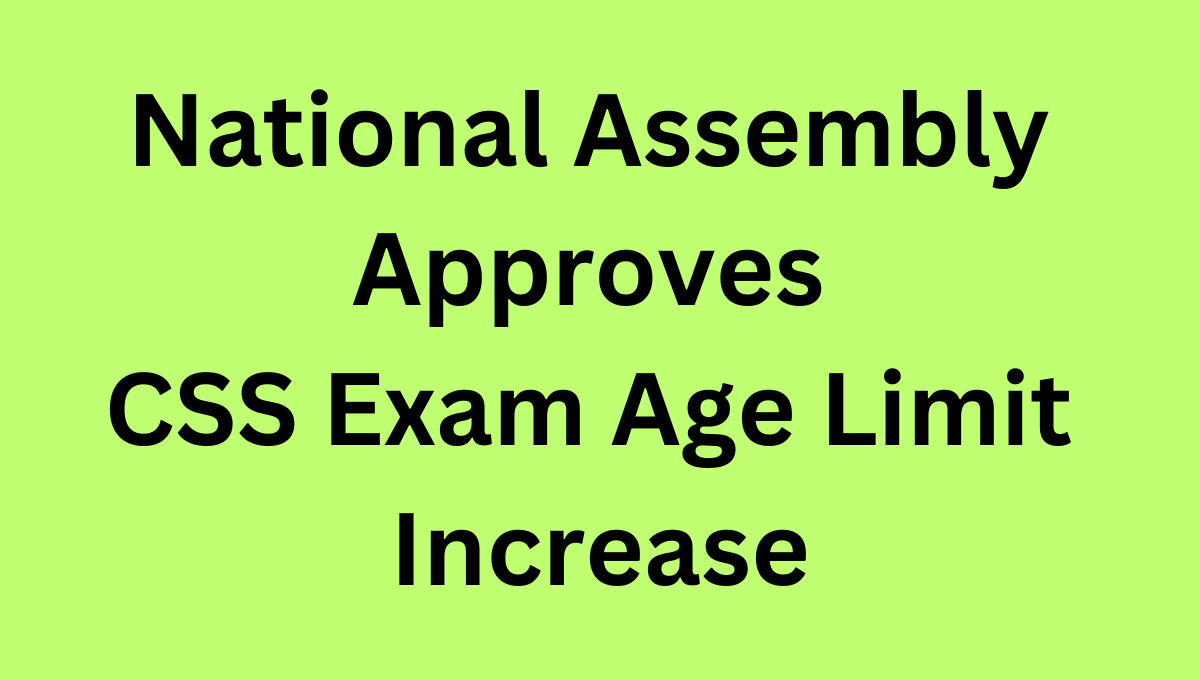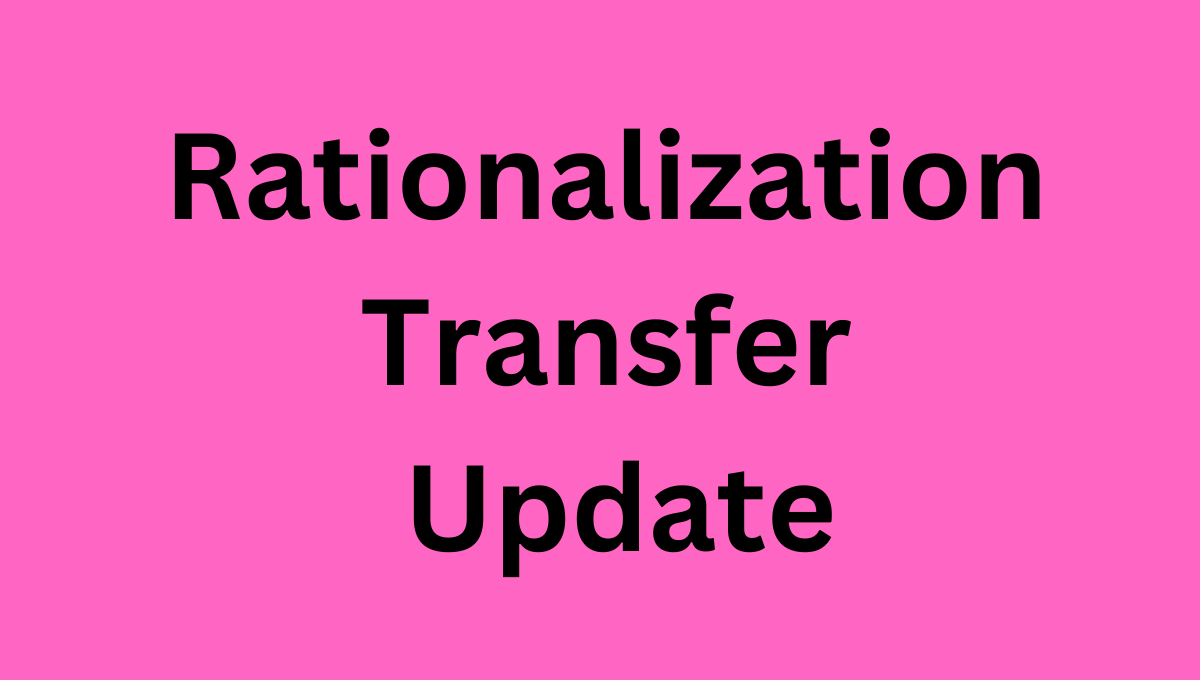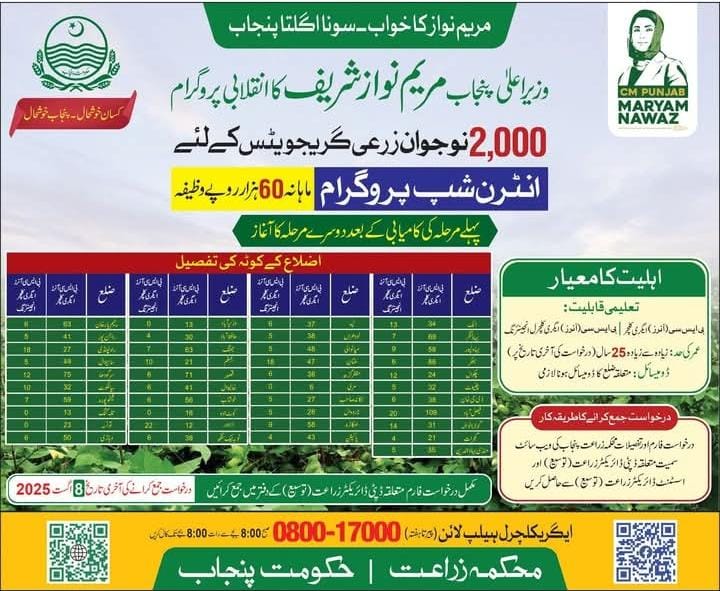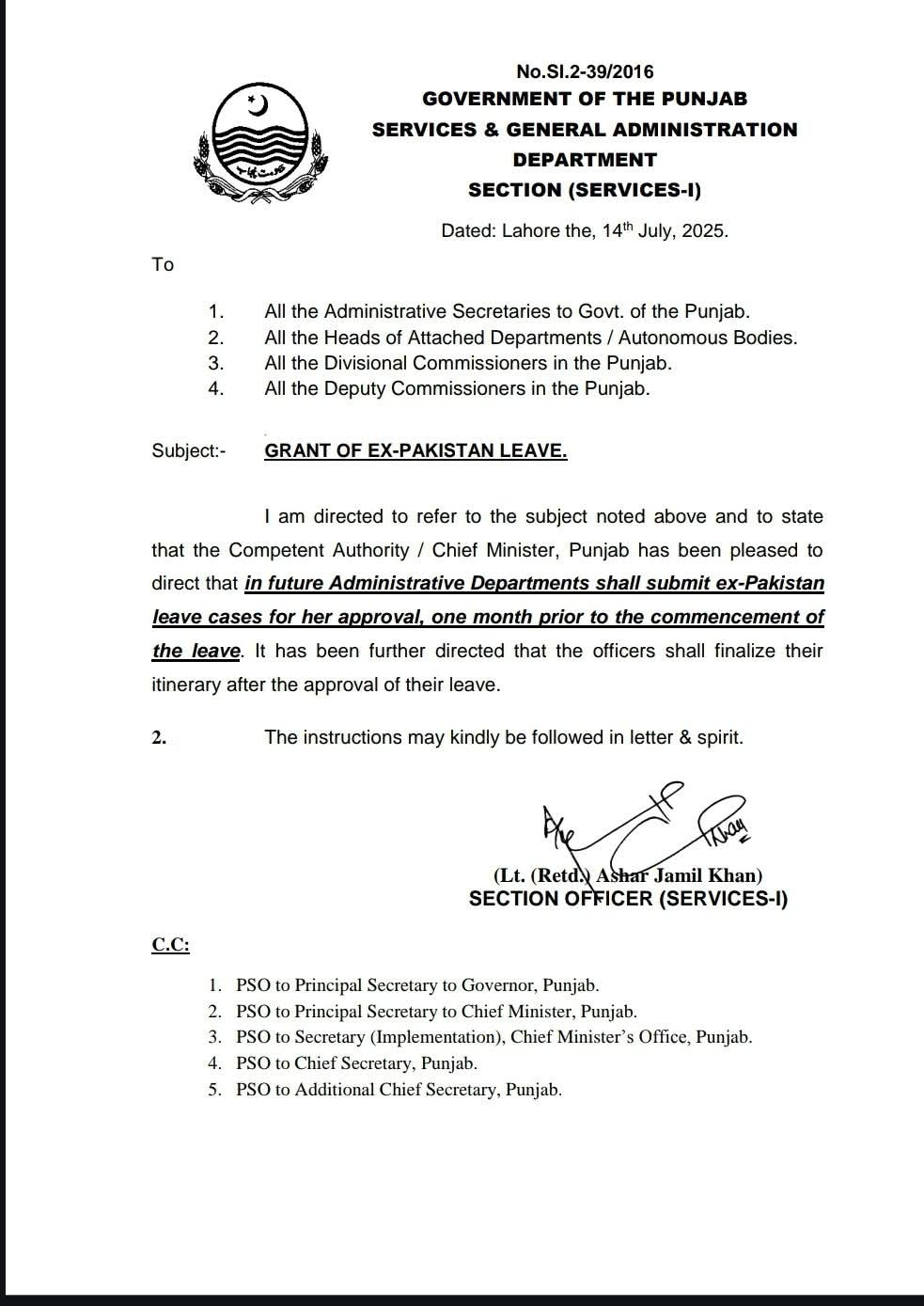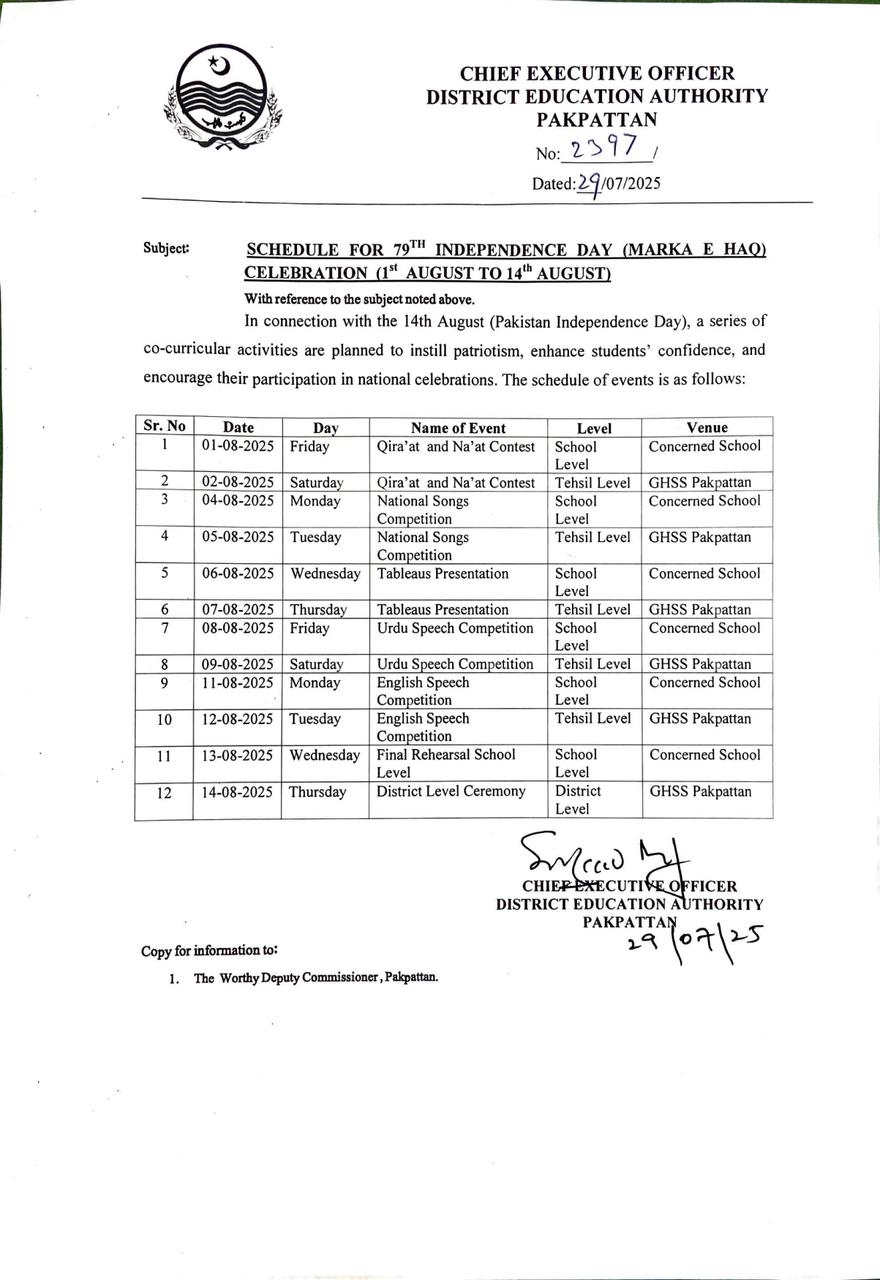Salient Features of Hajj Policy 2026
Salient Features of Hajj Policy 2026 Announced by Federal Minister for Religious Affairs Sardar Muhammad Yousaf
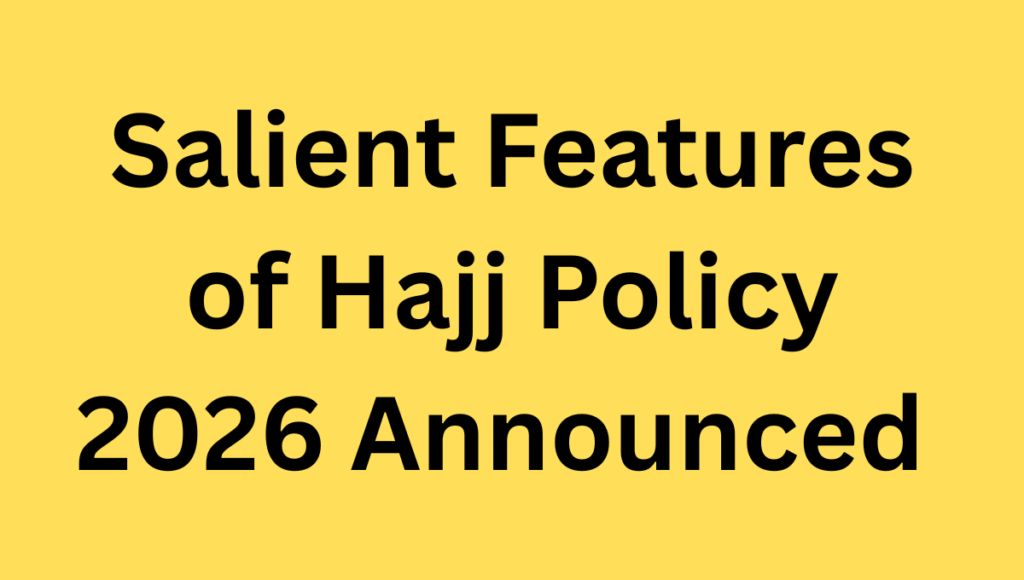
On July 30, 2025, Pakistan’s Federal Minister for Religious Affairs and Interfaith Harmony, Sardar Muhammad Yousaf, unveiled the Hajj Policy 2026, a comprehensive framework designed to streamline the pilgrimage process for Pakistani Muslims. Approved by the Federal Cabinet, the policy introduces significant reforms to ensure transparency, affordability, and a spiritually fulfilling experience for pilgrims. Below, we explore the key features of this policy, as announced during a press conference in Islamabad, to guide intending pilgrims and stakeholders.
Overview of Hajj Policy 2026
The Hajj Policy 2026 aligns with Saudi Arabia’s timeline and aims to enhance the pilgrimage experience through digitization, stricter oversight, and improved service delivery. With a total quota of 179,210 pilgrims, the policy prioritizes accessibility, financial transparency, and quality services under both government and private schemes. The policy also addresses past issues, such as unused private quotas in 2025, to ensure better coordination and efficiency.
Key Features of Hajj Policy 2026
The following points outline the salient features of the policy, as announced by Minister Sardar Muhammad Yousaf:
- Application Process and Timeline: Hajj applications under the government scheme will commence on August 4, 2025, following a “first-come, first-served” basis to align with Saudi timelines.
- Pilgrim Quota: Pakistan has been allocated a provisional quota of 179,210 pilgrims, with 119,210 seats for the government scheme and 60,000 for private operators, pending final confirmation from Saudi authorities.
- Package Options: The government scheme offers two packages:
- Long package: 38–42 days
- Short package: 20–25 days
- Mandatory Sacrifice: All pilgrims must participate in the Adhahi program, with compulsory animal sacrifice payments processed through the official Saudi system.
- Eligibility Criteria: Applicants must be Muslim, hold a Pakistani passport valid until November 26, 2026, and children under 12 are not permitted to perform Hajj in 2026.
- Payment Structure: Hajj dues under the government scheme are to be paid in two installments, with the first installment set at Rs. 500,000 for the long package and Rs. 550,000 for the short package. Payments can be made through designated banks starting August 4.
- Estimated Costs: The total cost for the government scheme ranges between Rs. 1.15 million and Rs. 1.25 million, subject to final agreements with service providers.
- Vaccination Requirements: Pilgrims must receive Saudi-approved vaccines to comply with health regulations.
- Route to Makkah Initiative: The “Road to Makkah” facility will continue at Islamabad and Karachi airports to streamline immigration processes.
- Overseas Pilgrims: Overseas Pakistanis can remit Hajj payments to designated bank accounts under the government scheme, ensuring accessibility for the diaspora.
- Private Operator Regulations: Dependent Hajj Companies (DHCs) must adhere to strict financial safeguards, including a 25% advance payment for Mushaira bookings and service provider agreements with the Ministry of Religious Affairs.
- Digital Oversight: The Punjab IT Board (PITB) and the National Information Technology Board (NITB) will ensure real-time monitoring of pilgrim data, payments, and bookings to prevent issues like double bookings.
- Third-Party Monitoring: Both government and private schemes will undergo third-party validation to ensure quality and transparency.
- Hajj Mohafiz Scheme: This compensation scheme will continue to support pilgrims in case of losses due to emergencies or accidents.
- Comprehensive Training: Pilgrims will receive mandatory training on logistics, Hajj rituals, clothing, and emergency protocols to prepare for a smooth journey.
- Digital Support Tools: The Pak Hajj App and a dedicated helpline will provide real-time updates, complaint registration, and information dissemination.
- Emergency Response Teams: Dedicated teams will be deployed to handle emergencies and ensure pilgrim safety.
- Hajj Nazim Scheme: One Nazim per 188 pilgrims will provide guidance and support, continuing from its successful implementation in 2025.
- Transparent Complaint Redressal: A fully digitized system will address complaints promptly and fairly.
Hajj Quota and Cost Breakdown
The table below summarizes the key financial and quota details for Hajj 2026:
| Category | Details |
|---|---|
| Total Quota | 179,210 (119,210 government, 60,000 private, pending Saudi confirmation) |
| Government Scheme Cost | Rs. 1.15M–1.25M (estimated, subject to final agreements) |
| First Installment | Rs. 500,000 (long package), Rs. 550,000 (short package) |
| Payment Start Date | August 4, 2025 |
| Package Durations | Long: 38–42 days; Short: 20–25 days |
Reforms for Private Operators
Following the underutilization of the private quota in 2025, where over 67,000 slots went unused due to payment and registration delays, the Hajj Policy 2026 introduces stricter regulations for private operators. Key reforms include:
- Financial Safeguards: Private operators must meet financial eligibility criteria and make timely payments to Saudi authorities.
- Compensation for Affected Pilgrims: Operators who failed to facilitate pilgrims in 2025 must accommodate them in 2026 at no additional cost.
- Minimum Quota: Each private operator must cater to a minimum of 2,000 pilgrims, as per Saudi guidelines.
- Service Provider Agreements: DHCs must sign agreements with the Ministry and operate under real-time data monitoring to ensure transparency.
These measures aim to address past shortcomings and ensure a reliable experience for pilgrims choosing private schemes.
Digital Transformation and Pilgrim Support
The Hajj Policy 2026 emphasizes digitization to enhance efficiency and transparency. The Pak Hajj App and helpline will serve as key tools for pilgrims, offering services such as:
- Real-time updates on payments and bookings
- Complaint registration and resolution
- Information on Hajj procedures and logistics
Additionally, the Ministry of IT will collaborate with the Ministry of Religious Affairs to implement digital wristbands, mobile SIMs, and real-time tracking to prevent issues like double bookings and ensure seamless operations.
FAQs
Q1: When can I apply for Hajj 2026 under the government scheme?
A: Applications will be accepted starting August 4, 2025, through designated banks or the online portal at applyonline.hajjinfo.org.
Q2: What is the estimated cost of Hajj 2026?
A: The government scheme costs range from Rs. 1.15 million to Rs. 1.25 million, with the first installment being Rs. 500,000 (long package) or Rs. 550,000 (short package).
Q3: Are children allowed to perform Hajj in 2026?
A: No, children under 12 years of age are not permitted to perform Hajj in 2026.
Q4: What is the “Road to Makkah” initiative?
A: This initiative facilitates immigration processes at Islamabad and Karachi airports, streamlining the departure process for pilgrims.
Q5: How will private operators be monitored?
A: Private operators will be subject to third-party validation, real-time data monitoring by PITB and NITB, and mandatory service provider agreements to ensure transparency.
Conclusion
The Hajj Policy 2026, announced by Federal Minister Sardar Muhammad Yousaf on July 30, 2025, marks a significant step toward improving the pilgrimage experience for Pakistani Muslims. By prioritizing affordability, transparency, and digital innovation, the policy addresses past challenges and aligns with Saudi Arabia’s guidelines. With features like the Pak Hajj App, mandatory vaccinations, and the continuation of the “Road to Makkah” initiative, the policy ensures a seamless and spiritually enriching journey for pilgrims. For the latest updates and quality Umrah packages, contact Shaheen Group of Travels at 0304-5436464.
وفاقی وزیر مذہبی امور سردار محمد یوسف کی اعلان کردہ حج پالیسی 2026 کی نمایاں خصوصیات۔۔۔ بتاریخ 30 جولائی، 2025
بفضل تعالیٰ حج پالیسی 2026 آج وفاقی کابینہ نے منظور کر لی ہے۔ اس کے چیدہ چیدہ نکات درج ذیل ہیں۔
👈1. حج درخواستیں 4 اگست سے موصول کی جائیں گی۔
👈2. پاکستان کے لیے حج 2026 کا کوٹہ فی الحال 179,210 مختص کیا گیا ہے ۔تاہم سعودی عرب کی جانب سے حتمی اعلان ہونا باقی ہے۔ سرکاری سکیم کے لئے 1 لاکھ 19 ہزار 210 نشستیں جبکہ پرائیویٹ حج اسکیم کے لیے 60 ہزار نشستیں مختص کی گئی ہیں۔
👈3. سرکاری حج اسکیم کے لیے 38-42 دن کا روایتی طویل پیکیج اور 20-25 دن کا مختصر پیکیج فراہم کیا جائے گا۔
👈4. تمام درخواست گذاروں کی قربانی (اداہی پروگرام کے تحت) سعودی عرب کے نظام کے مطابق لازمی ہوگی۔
👈5. درخواست گذار کا مسلمان اور پاکستانی پاسپورٹ کا حامل ہونا لازمی ہے جس کی مدت 26 نومبر، 2026 تک کارآمد ہو۔
👈6. بارہ سال سے کم عمر بچوں کو اس سال حج کی اجازت نہیں ہوگی۔
👈7. وہ افراد جو سرکاری حج اسکیم کے تحت حج ادا کرنا چاہتے ہیں، انہیں حج واجبات دو اقساط میں جمع کرانا ہوں گے۔
👈8. سرکاری حج اسکیم کا تخمینہ پیکیج ساڑھے گیارہ لاکھ سے ساڑھے بارہ لاکھ روپے کے درمیان ہوگا؛ جو کہ سروس فراہم کنندگان کے ساتھ معاہدوں کی حتمی منظوری سے مشروط ہے۔
👈9. سرکاری حج سکیم کے لانگ پیکیج کے لیے پہلی قسط 5 لاکھ روپے جبکہ شارٹ پیکیج کے لیے ساڑھے پانچ لاکھ روپے جمع کروانا لازم ہیں ۔
👈10. حج اخراجات کی پہلی قسط 4اگست سے کسی بھی نامزد بینک کے ذریعے جمع کروائی جا سکتی ہے۔
👈11. سعودی عرب کی ٹائم لائنز کے پیش نظر عازمینِ حج کا انتخاب ’’پہلے آئیے پہلے پائیے‘‘ کی بنیاد پر کیا جائے گا۔
👈12. بیرونِ ملک مقیم عازمینِ حج سرکاری حج اسکیم کے تحت دیے گئے نامزد بینک اکاؤنٹس میں اپنی حج رقم بھجوا سکتے ہیں ۔
👈13. سعودی عرب سے منظور شدہ ویکسین لگوانا لازمی ہو گا ۔
👈14. ’’روٹ ٹو مکہ‘‘ سہولت اسلام آباد اور کراچی ایئرپورٹس پر جاری رہے گی۔
👈15. ڈیپنڈنٹ حج کمپنیوں (DHCs) کو بیرونِ ملک عازمینِ حج کی بکنگ کی اجازت ہو گی، بشرطیکہ وہ اپنی حج کی رقم بینکنگ چینلز کے ذریعے متعلقہ DHC کو بیرونِ ملک سے فارن ایکسچینج میں منتقل کریں، جس کے ساتھ وہ حج کرنا چاہتے ہیں۔ عازمینِ حج کا ڈیٹا اور مالیاتی لین دین وزارت کے پورٹل پر قابلِ مشاہدہ ہوگا۔
👈16. ہر منظم / ڈی ایچ سی کے لیے کم از کم کوٹہ سعودی ہدایات کے مطابق ہوگا۔
👈17. موت، شدید بیماری یا کسی اور ناگزیر وجہ کی صورت میں متبادل کیسز کو کمیٹی کے ذریعے جانچا جائے گا۔
👈18. مشاعر بکنگ کے لئے پیکیج کے 25 فیصد پیشگی ادائیگی کے بعد DHCs کو بکنگ کی اجازت ہو گی۔
👈19. امسال پرائیویٹ سیکٹر کی مالیاتی شفافیت کو برقرار رکھنے اور سعودی عرب میں بروقت ادائیگی کو یقینی بنانے کے لیے فنانشل سیف گارڈز متعارف کروائے گئے ہیں ۔
- DHCs کو وزارت مذہبی امور و بین المذاہب ہم آہنگی کے آئی ٹی پورٹل سے متعلق ہدایات کی پابندی کرنی ہو گی تاکہ شفافیت اور سہولت یقینی بنائی جا سکے۔
👈21. تیسرے فریق کے ذریعے سرکاری اور پرائیویٹ حج سکیموں کی کارکردگی کا جائزہ لیا جائےگا۔
👈22. پنجاب آئی ٹی بورڈ (PITB) ڈیجیٹائزیشن کے آپریشنل کنٹرول کو جاری رکھے گا، جبکہ MoIT&T اپنے ادارے NITB کے ذریعے نگرانی کرے گا تاکہ عازمین کے ڈیٹا اور ادائیگیوں کی رئیل ٹائم نگرانی، دوہری بکنگ اور نشستوں کی دستیابی کو یقینی بنایا جا سکے۔
👈23. وزارت مذہبی امور کی مانیٹرنگ ٹیم حج آپریشنز کی مجموعی کارکردگی کی نگرانی کرے گی تاکہ خدمات کے معیار کو بہتر بنایا جا سکے۔
👈24. ڈی ایچ سیز وزارت کے ساتھ سروس پرووائیڈر ایگریمنٹ (SPA) پر دستخط کریں گے اور ان کی نگرانی وزارت کے تربیت یافتہ عملے کے ذریعے کی جائے گی تاکہ حجاج کرام کو سہولیات فراہم کی جا سکیں۔
👈25. حجاج کرام کی فلاحی خدمات کے لیے عملہ تعینات کیا جائے گا۔
👈26. حج سے متعلق مکمل تربیت دی جائے گی جس میں لاجسٹکس، حج کے طریقہ کار، لباس اور ایمرجنسی صورتحال سے نمٹنے کی مشق شامل ہوگی۔
👈27. “حجاج محافظ اسکیم” جاری رکھی جائے گی جس کے تحت حجاج کو ان کے نقصانات پر معاوضہ دیا جائے گا۔
👈28. الیکٹرانک مانیٹرنگ سسٹم بشمول حج ہیلپ لائن اور پاک حج ایپ معلومات کی ترسیل، شکایات کے اندراج اور حج کی مانیٹرنگ کے لیے فراہم کیے جائیں گے۔
👈29. ایمرجنسی رسپانس ٹیمیں تشکیل دی جائیں گی۔
👈30. مالیاتی نگرانی کا مؤثر نظام لاگو کیا جائے گا۔
👈31. حج ناظم اسکیم جاری رکھی جائے گی۔
👈32. شکایات کے ازالے کے لیے مکمل اور شفاف نظام موجود ہوگا جو شکایات کو بروقت اور منصفانہ طریقے سے نمٹائے گا۔
👈33. حج پالیسی پر عمل درآمد کے لیے مناسب ہدایات جاری کی جائیں گی۔
حج وعمرہ کے حوالہ سے تازہ ترین اپ ڈیٹ اور معیاری عمرہ پیکجز کے لیے ابھی رابطہ کریں۔اب تمام تر امور گھر کی دہلیز پر
شاھین گروپ آف ٹریولز آن لائن حج وعمرہ سروسز
🪀 0304-5436464
